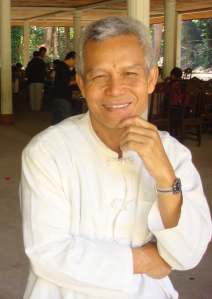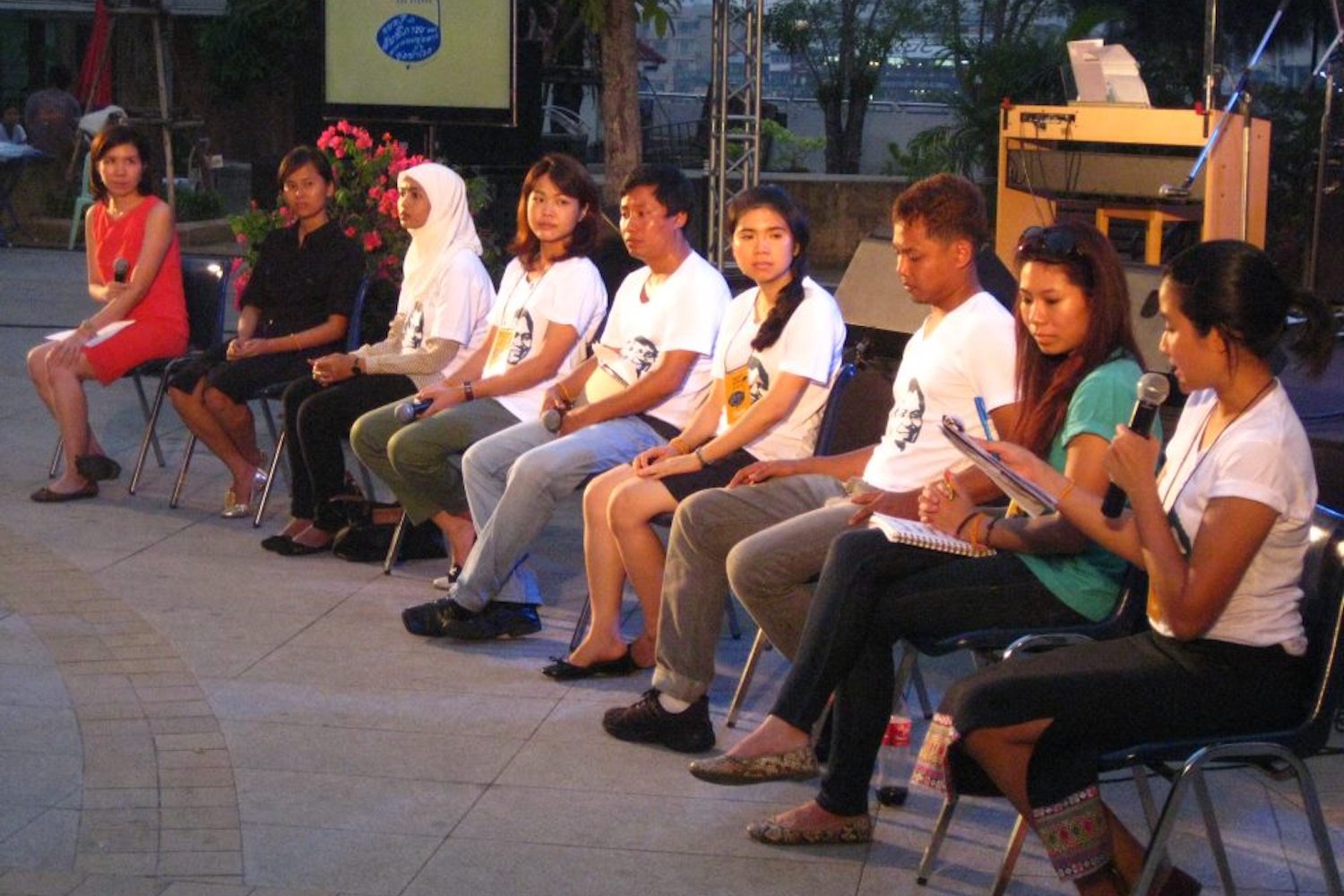Laos pressed on activist disappearance
Financial Times, 06 Jan 2012
The UN and some western governments are preparing to put fresh questions to the Lao government over the mysterious disappearance in mid-December of a prominent education and health campaigner, after Vientiane late last week rejected suggestions by the UN of state involvement in the case.
 In a statement to the UN’s Office of the High Commissioner for Human Rights, Laos denied knowledge of the whereabouts of Sombath Somphone, 60, and said he had not been taken into police custody, as widely reported, but rather may have been kidnapped because of a “personal conflict”.
In a statement to the UN’s Office of the High Commissioner for Human Rights, Laos denied knowledge of the whereabouts of Sombath Somphone, 60, and said he had not been taken into police custody, as widely reported, but rather may have been kidnapped because of a “personal conflict”.
UN human rights officials, as well as US and European governments, have expressed concern in recent weeks that the activist is being held by the Lao authorities.
Closed circuit video footage from police security cameras showed Mr Sombath, founder of a local non-government organisation Padetc, being stopped by traffic police at a roadside post while he was driving home from work in Vientiane, the Lao capital, in mid-December.
Mr Sombath was following his Singaporean wife in a separate car but never arrived home. The government has denied he was taken into custody at the stop, which they said was a “routine” check, but grainy CCTV footage shows a man resembling Mr Sombath being driven away by uniformed Lao officials.
Vientiane-based diplomats at the weekend expressed doubt about official denials of involvement in Mr Sombath’s disappearance and said their embassies were set to convey further concerns about the case. “We are considering the next move, and it could well be a démarche,” said one western diplomat.
The EU and the US have publicly called for explanation. Lady Ashton, EU foreign policy chief, last month expressed “deep concern” about Mr Sombath’s disappearance and urged the Lao government to “investigate” the case. In Washington, Victoria Nuland, state department spokeswoman, said the US had asked the government “to make every effort to locate him and figure out what’s happened”.
UN human rights officials meanwhile have suggested Mr Sombath was detained by the state because of his work. “We are highly concerned for his safety and believe his abduction may be related to his human rights work,” a UN human rights spokesman said in late December, noting “what appeared to be” Mr Sombath’s “enforced disappearance”, a phrase which under international law implicates the government.
Mr Sombath, 60, a winner of the prestigious Magsaysay award in 2005 for social development work, founded Padtec in 1996 to promote education and sustainable development. The organisation was “low-key” and Mr Sombath had not run foul of state authorities, said a western aid official.
His disappearance followed the Lao government’s expulsion a week earlier of Ann-Sophie Grindiz, head of Swiss development agency Helvetas. Diplomats believe the cases are not directly linked but one envoy cited “worrying signs of backsliding in Laos amid international pressures to democratise”.
Both cases appear to undermine the government’s moves to open up the country, after Laos’s accession to the World Trade Organisation in early December.
WTO membership will give Laos increased opportunities to integrate into “regional economic success and attract more foreign investors”, noted Murray Hiebert, an Asia analyst at CSIS, the US think tank. “But with the government’s lack of accounting about the disappearance of someone as prominent as Sombath, foreign investors as well as tourists will be more cautious about jumping into the country with both feet,” he noted.
Mr Hiebert said Mr Sombath was “soft-spoken, easy-going and uninvolved in politics”. His disappearance should raise concerns in Vientiane, he added, “not least because foreign aid accounts for nearly 70 per cent of government’s budget, and 16 per cent of the country’s gross domestic product”.
